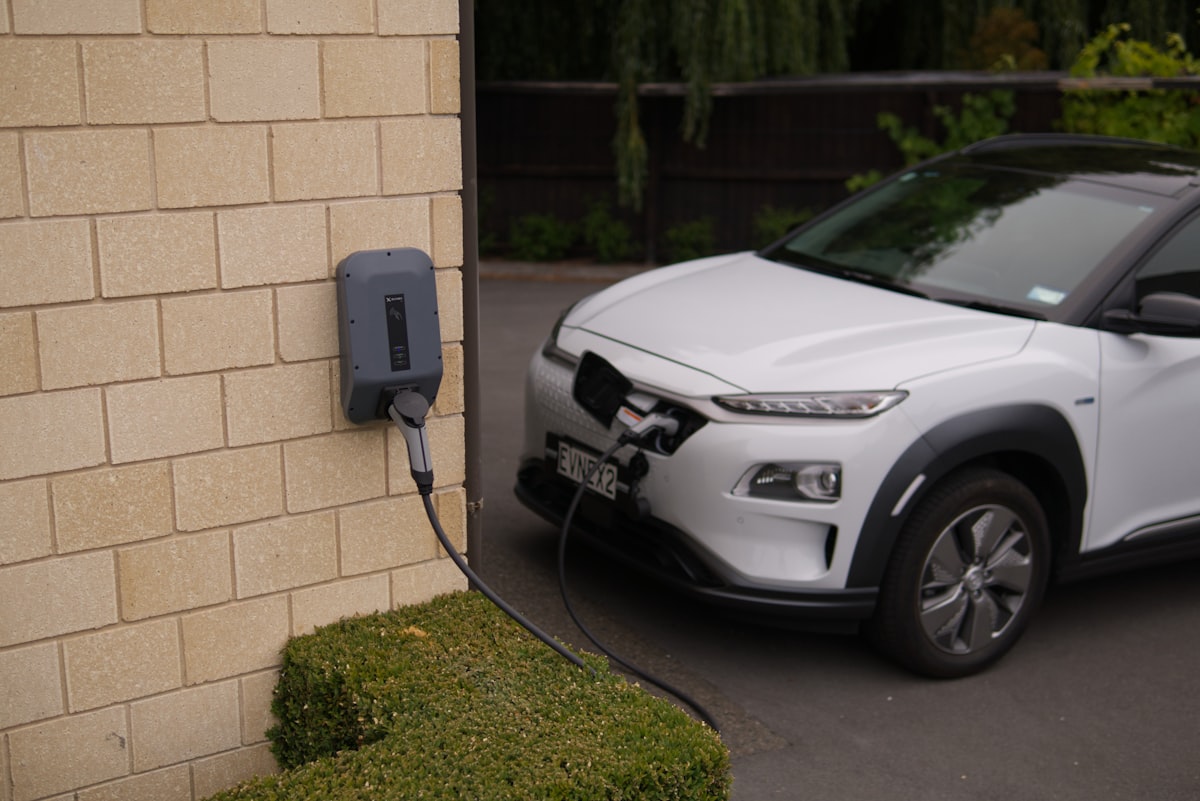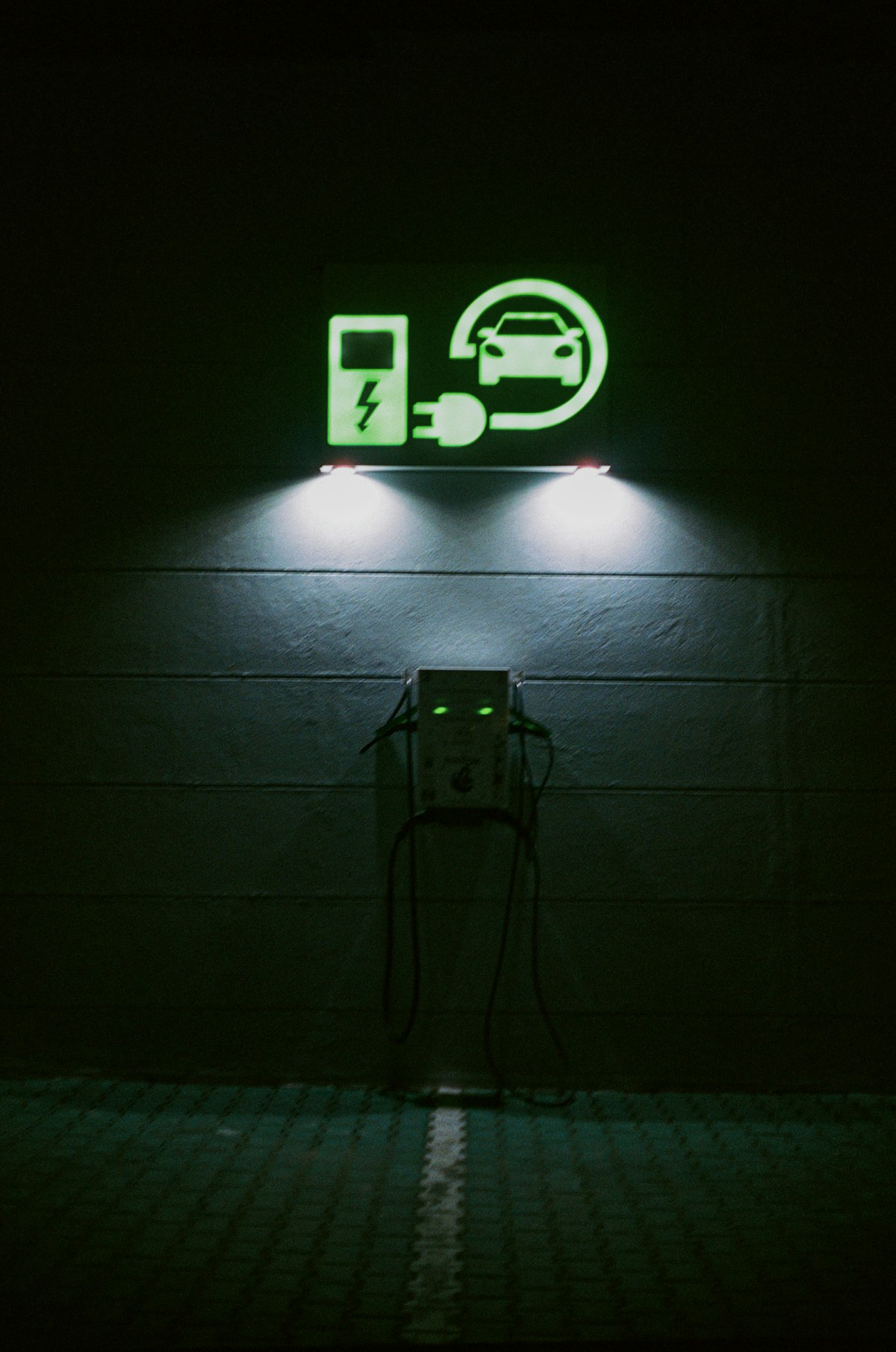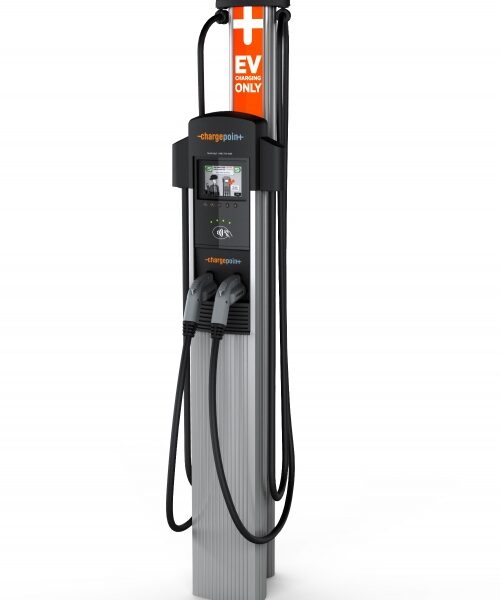Top Considerations for Home EV Charger Installation
Top Considerations for Home EV Charger Installation
Electric vehicles (EVs) are becoming more common. More people are installing home EV chargers. Deciding on the right setup can be tricky. Here’s what you need to know.
Types of EV Chargers
There are three main types of EV chargers: Level 1, Level 2, and DC Fast Chargers. Level 1 chargers use a standard 120-volt outlet. They are slow but simple to install. Level 2 chargers use a 240-volt outlet. They charge faster but need a dedicated electrical circuit. DC Fast Chargers are mainly for public stations. They charge very quickly but are expensive and complex.

Charging Speed
Charging speed is critical. Level 1 chargers offer 2 to 5 miles of range per hour of charging. Level 2 chargers provide 10 to 60 miles per hour. Think about your daily driving needs. If you drive a lot, a Level 2 charger might be better. It reduces the time your car spends plugged in.
Installation Costs
Cost is another key factor. Level 1 chargers are cheap. In most cases, the charger comes with your car. Level 2 chargers involve more expense. You need to buy the charger and may need to upgrade your electrical panel. This can cost between $500 to $2,000 or more, including labor.
Electrical Capacity
Make sure your home’s electrical system can handle the charger. Level 2 chargers require a 240-volt circuit. Your electrician will check if your panel can support it. They might need to add a new circuit breaker. Some homes need panel upgrades. This can add significantly to the cost.
Placement and Accessibility
Think about where to install the charger. Most people put it in their garage. If you don’t have a garage, consider an outdoor installation. Make sure it’s accessible. The cable should reach your car easily. Avoid placing the charger where it’s hard to get to or where the cable might be a tripping hazard.
Permits and Regulations
Check local regulations before starting the installation. Some areas require permits for electrical work. Your electrician can help with this. Fines for unpermitted work can be hefty. Also, some areas have specific codes for EV chargers. It’s better to comply early than to fix issues later.
Charging Networks
Think about whether you want to join a charging network. Some chargers let you connect to networks for remote monitoring. They can also offer billing for public use. These features can be helpful but are not necessary for everyone. Weigh the benefits against the extra cost.
Future-Proofing
Plan for the future. Electric vehicles are getting more advanced. Batteries are improving. Eventually, you might upgrade to a larger or more powerful EV. Consider a charger with a higher capacity. It might be a bigger investment now but can save you upgrades later.

Professional Installation
Always hire a professional for the installation. DIY might seem cheaper but can be risky. Electrical work is complex and mistakes can be dangerous. A licensed electrician ensures the job is done correctly. They also handle the necessary permits and inspections.
Recommended EV Accessories
NOCO GENIUS10 Smart Charger – $79.95
Advanced battery maintainer and charger.
EV Charging Station Guide
Navigate the EV charging landscape.
As an Amazon Associate, we earn from qualifying purchases.




Subscribe for Updates
Get the latest articles delivered to your inbox.
We respect your privacy. Unsubscribe anytime.